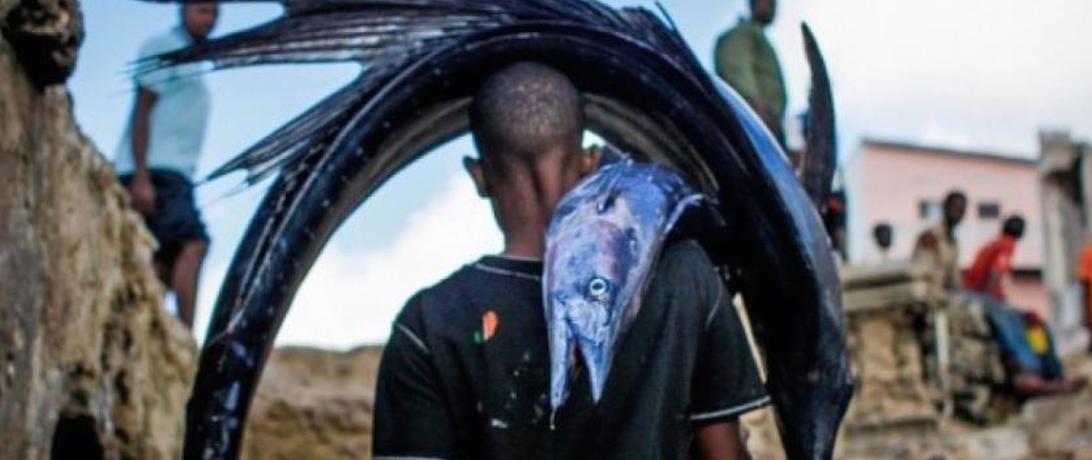By Kim Yi Dionne
Thanks to “Black Hawk Down” and “Captain Phillips,” Hollywood has permanently etched into the brains of my students (and probably a lot of Monkey Cage readers) that Somalia is a lawless place of warlords and pirates. Even as piracy has declined in the past few years, the narrative of Somali pirates has staying power.
Over time, some of my students have adopted a more sophisticated perspective on pirates off Somalia’s coast, pointing out the origins of Somali piracy: “in conflicts between artisanal Somali fishers and foreign fleets.”
That quote comes from the report “Securing Somali Fisheries,” published by an interdisciplinary group of researchers last month. The report aims to close the information gap on Somali fisheries, using innovative (as well as tested) methods of data collection to estimate fishing in Somali waters and the potential opportunities that Somali fisheries offer, given the right mix of regulatory, political and economic environments.
The report found that the primary challenge to making Somalia’s fisheries sustainable was foreign illegal, unreported and unregulated (IUU) fishing. “Securing Somali Fisheries” estimates that foreign IUU fishing vessels catch three times as many fish as the Somali artisanal fishing sector.
IUU fishing is not only a threat to Somali fisheries because of piracy (even if that’s what some journalists would have us believe). IUU fishing threatens income and food security. In “Securing Somali Fisheries,” one artisanal fisher from Puntland remarked about Yemeni vessels fishing close to the Somali shore: “They are not just robbing our fish. They are ramming our boats and taking our nets.”…
Read the full article here:
http://www.washingtonpost.com/blogs/monkey-cage/wp/2015/10/08/theres-more-to-somali-fishing-than-piracy/
